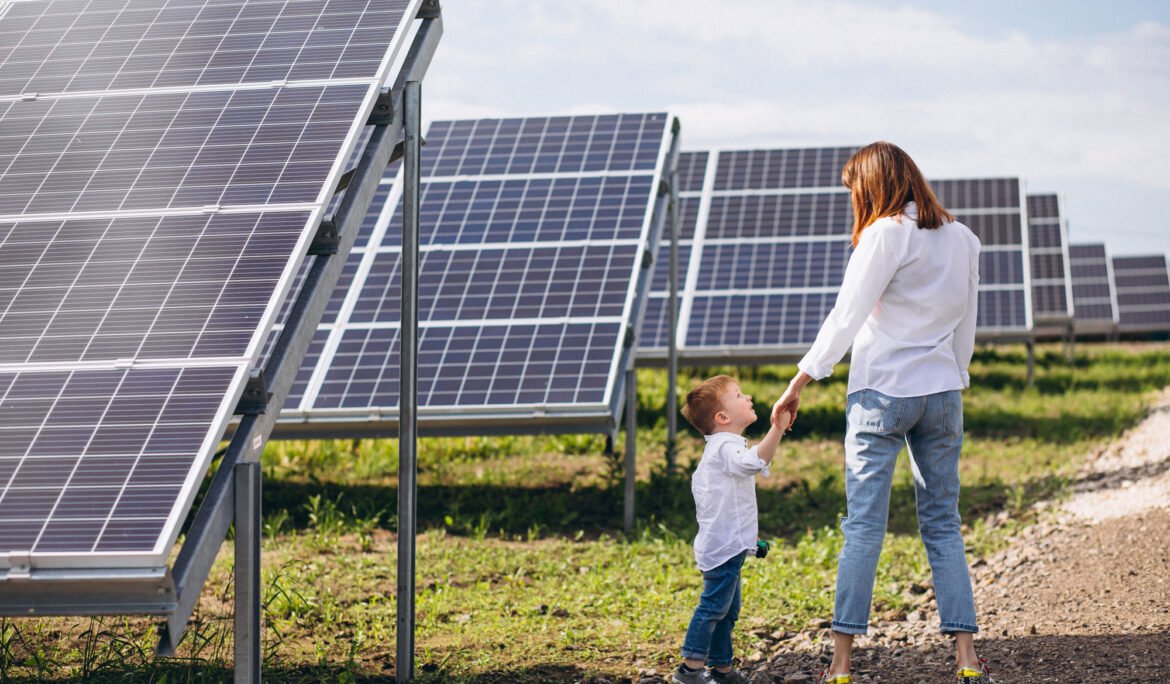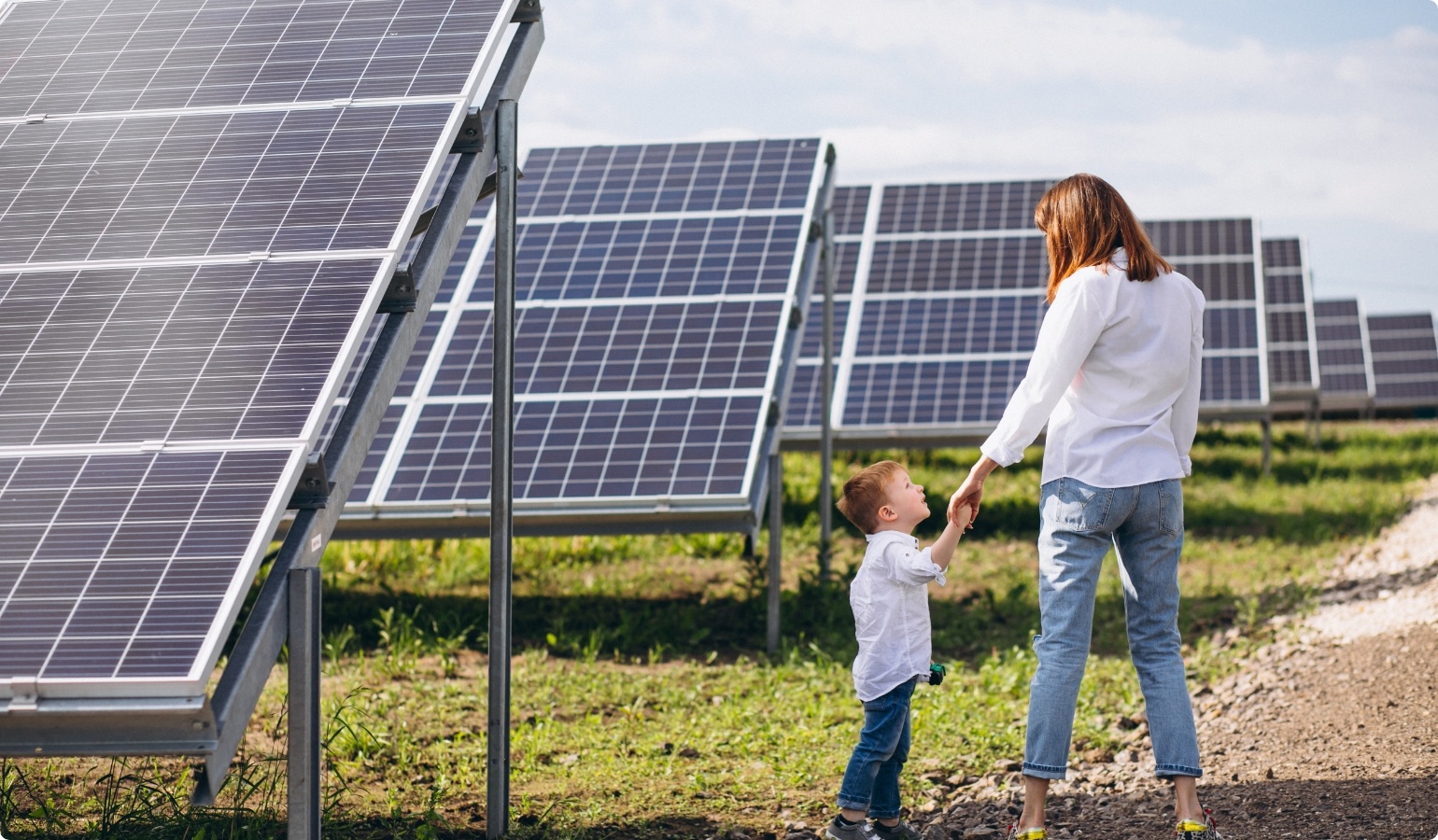
New timeline empowers states to strengthen rural energy, irrigation and income systems through solar
In a progressive move, the Government of India has extended the deadline for Component-C of the PM-KUSUM scheme in Karnataka to March 2026. This component focuses on solarizing existing agricultural pumps and connecting them to the grid. The extension provides much-needed flexibility to Karnataka and other states, enabling smoother execution, improved farmer onboarding, and better coordination with DISCOMs. This timely update is expected to accelerate rural electrification, reduce diesel dependency, and enhance irrigation productivity through reliable daytime solar energy.
Component-C plays a pivotal role in helping farmers shift to grid-connected solar pumps, allowing them to not only save on electricity costs but also generate income from surplus power. The extended timeline allows Karnataka to cover a wider farmer base, improve infrastructure readiness, and meet scheme targets without compromising on quality or implementation efficiency. With more time, support agencies can scale outreach, mobilize funding, and unlock the full potential of distributed solar farming across the state.
This extension is more than a deadline shift—it’s an opportunity for deeper rural impact, better adoption, and stronger farmer participation in India’s solar transition.
Mahesh Jatwar
The PM-KUSUM-C extension allows Karnataka to capitalize on solarization opportunities with greater effectiveness. With enhanced DISCOM involvement and local support, farmers will gain assured daytime power, lower operational costs, and dual-income potential. It also gives time for necessary grid upgrades and supply chain readiness. As execution expands, this flexibility ensures that quality, safety, and equity remain at the heart of Karnataka’s renewable energy journey.

Conclusion:
This deadline shift underlines the government’s responsive approach to on-ground realities. It sets the stage for:
-
Wider solar pump coverage for Karnataka’s farmers
-
Strengthened DISCOM and stakeholder coordination
-
Reduced project rush and improved quality
-
Greater time for awareness and training
-
Boosted climate resilience and farm productivity
The extension isn’t just about time—it’s about delivering energy justice to rural India, one solar pump at a time.



